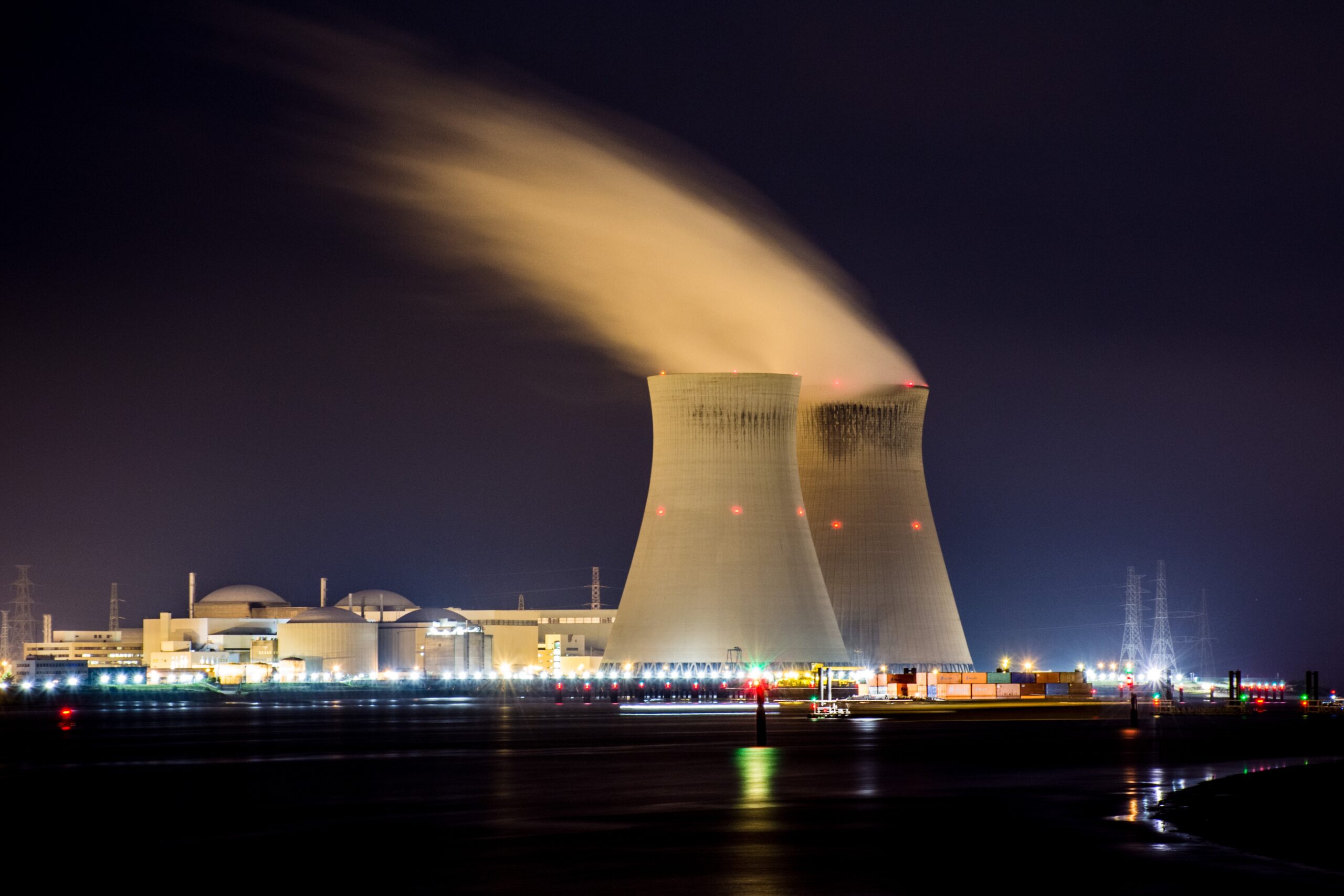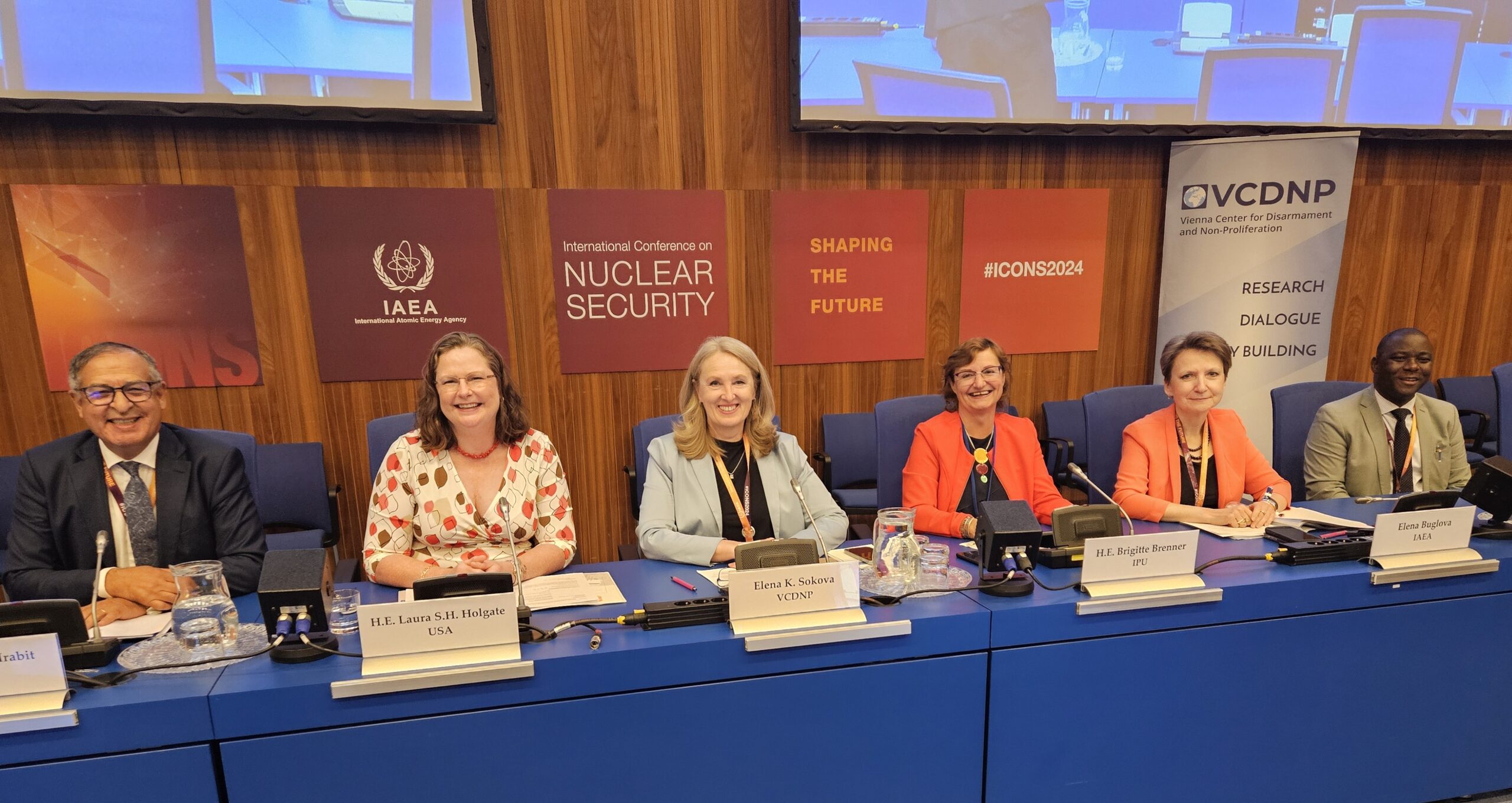
Energy lies at the heart of the UN Sustainable Development Goals and the Paris Agreement on Climate Change. Ensuring access to affordable, reliable, sustainable and modern energy for all will open a new world of opportunities for billions of people. Economic growth, job opportunities, empowered women, children and youth, better education and health, more sustainable, equitable and inclusive communities, and greater protection from, and resilience to, climate change are just some of the potential benefits. Many developing countries are interested in including nuclear power, a reliable, sustainable and environmentally friendly energy source, into their energy mix to achieve their development goals and realize these benefits.
The VCDNP’s case study authored by Senior Research Associates Anthony K. Stott and Ingrid Kirsten and its associated fact sheet on expanding access to peaceful uses of nuclear power examine the activities implemented by a lower-middle income country, Ghana, to complete Phase 1 and successfully transition into Phase 2 of the IAEA Milestones Approach. Key aspects of Ghana’s implementation of its programme and lessons learned are described. Sharing these key aspects and lessons learned could benefit other countries interested in or already embarking on new nuclear power programmes.
Read the Fact Sheet here, and the full Case Study here.
The fact sheet and case study draw upon a side event held on 25 September 2021 during the IAEA General Conference. Ghanaian Ministers and Directors-General of key organisations provided insights into the importance of government and stakeholder support, the coordination role of the Ghana Nuclear Power Programme Organisation (GNPPO), establishing a 3S (safety, security and safeguards) nuclear regulatory authority, and the early designation and activities of an owner/operator for the future nuclear power plant.



